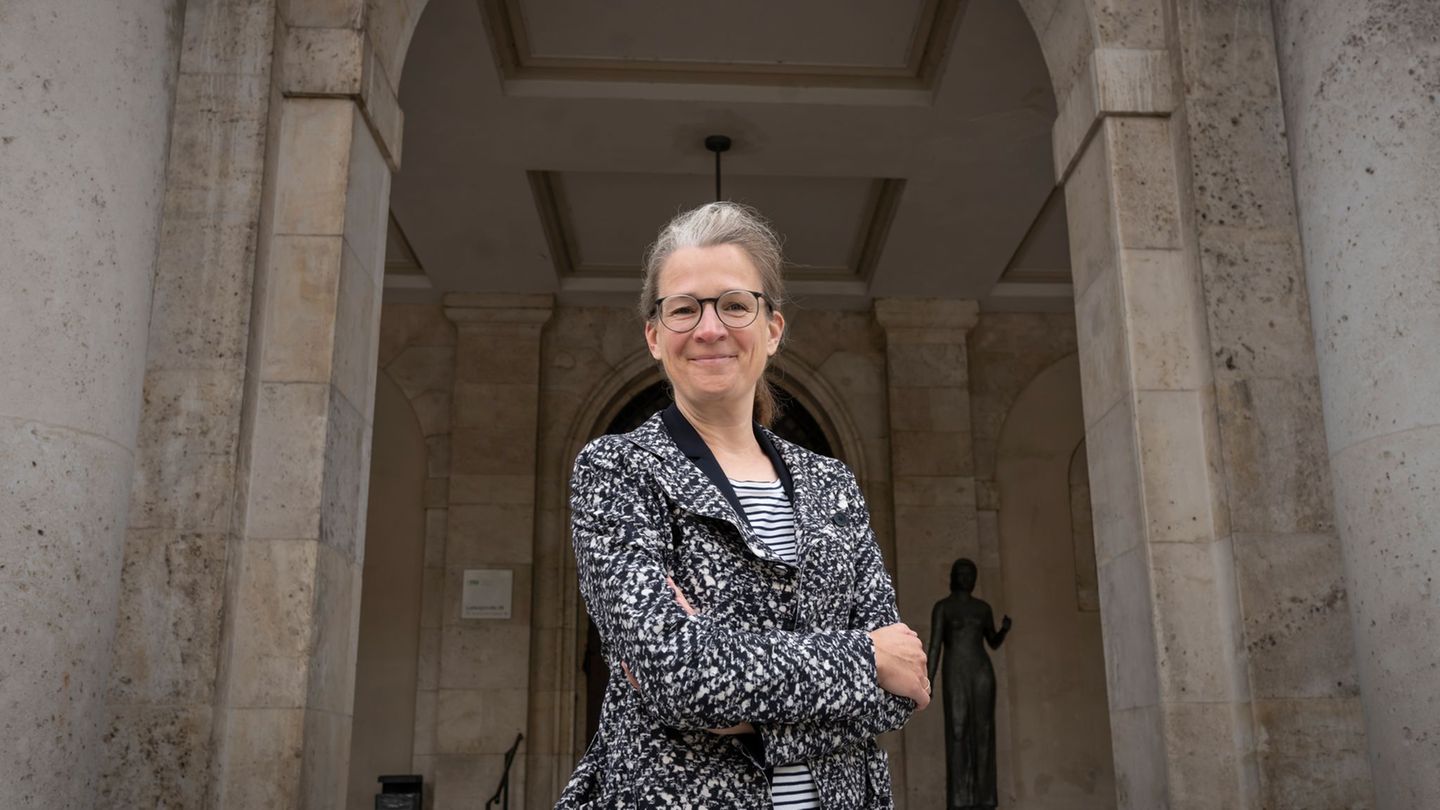Kulfas maintained that, “If everything went well, the impact on currencies would be such that the problem of the exchange rate would disappear or at least it would be much more flexible than today.”
In statements made this morning to Radio Nacional, The official pointed out that the Government “is neither in favor of ‘everything goes’ nor of prohibitionism,” and stressed that, for the first time, the Ministry of Environment and Sustainable Development participated in the feasibility studies of this initiative.
In this regard, he noted that “everything was done within a framework of strong environmental safeguards”and emphasized that the offshore development – authorized at the end of last year after having passed the rigorous mechanisms, including a public hearing – will be located “300 kilometers from the coast.”
Offshore hydrocarbons.jpg
CPG Click
“It’s like believing that something that happens in the city of Buenos Aires could impact Chascomús,” the minister said about the questions raised by environmental organizations, while highlighting the interest that the initiative aroused in the Mar del Plata community itself, in depending on the resources and sources of work that it could mean for the area.
In this context, he relativized the validity of the accusations about environmental impacts by highlighting the technological advances of recent years and explained that the majority of ecological disasters related to hydrocarbons do not occur on maritime platforms but on ships.
Likewise, he branded as “false” that mining operations do not generate work in the areas where they are located or that they do not represent considerable fiscal income.
“They pay a 3% royalty to the provinces, it’s true, but also export duties, income tax and other national and provincial taxes,” he said, in addition to pointing out that “for every hundred pesos that a mining company bills, it had to have spent 50 on local suppliers.
In this regard, he highlighted the role of mining in the process of replacing cars powered by fossil fuels with electric motors, which require five times more copper than the former and use lithium batteries.
Source: Ambito
David William is a talented author who has made a name for himself in the world of writing. He is a professional author who writes on a wide range of topics, from general interest to opinion news. David is currently working as a writer at 24 hours worlds where he brings his unique perspective and in-depth research to his articles, making them both informative and engaging.




